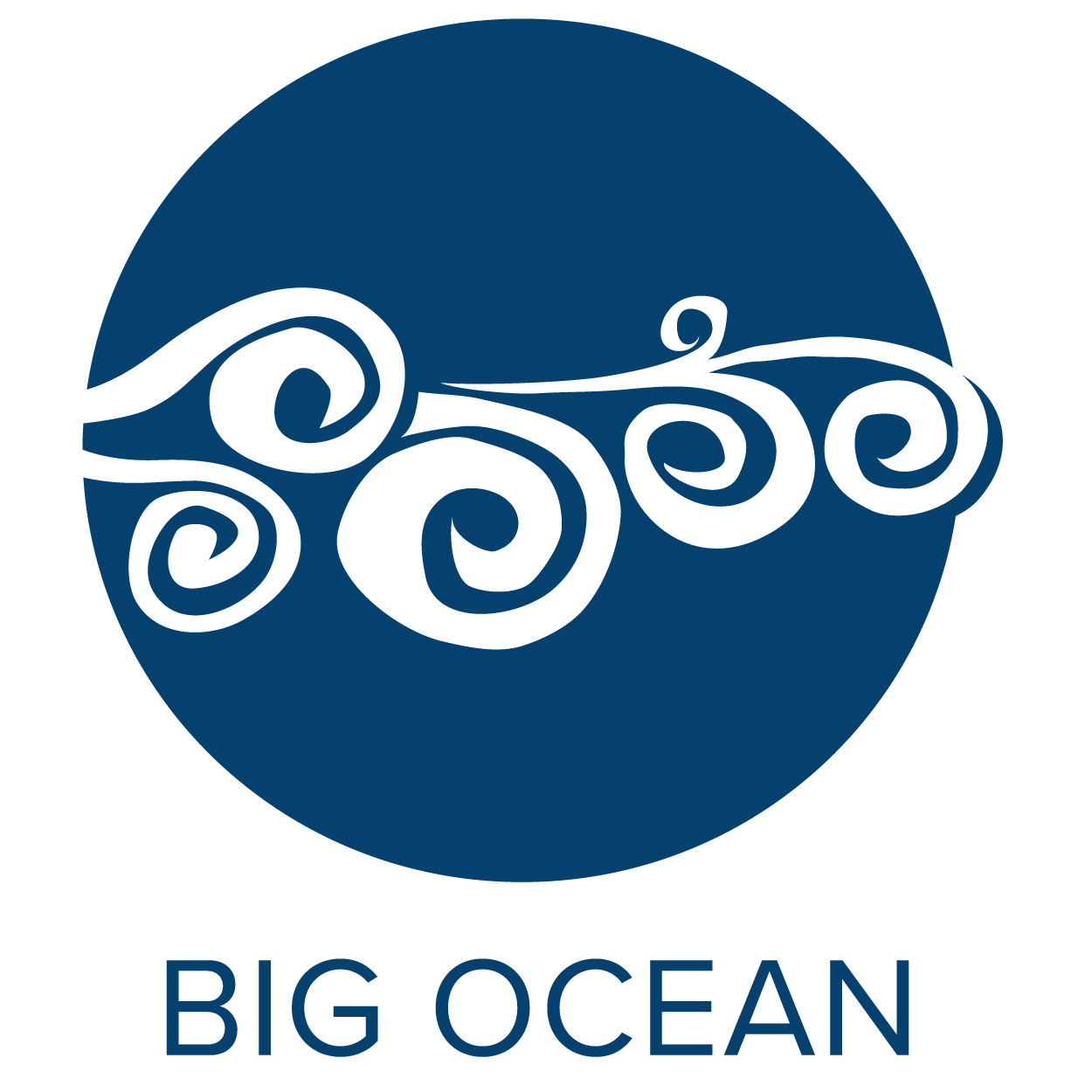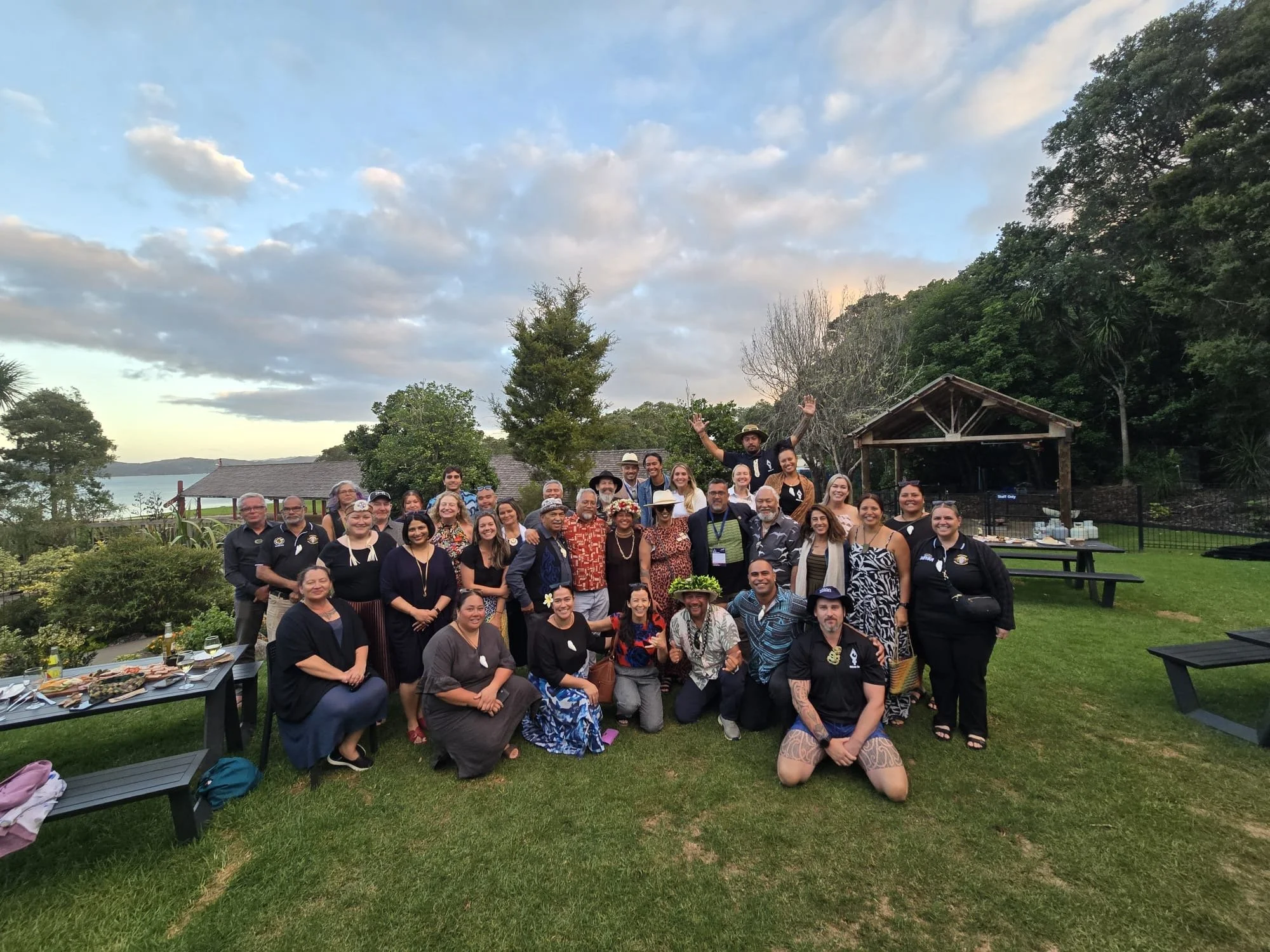Recently, Big Ocean had the honor of participating in Taiātea, a gathering of ocean leaders, Indigenous knowledge holders, scientists, and practitioners focused on the stewardship of large ocean spaces and the relationships that sustain them.
Read MoreThe second half of last year offered opportunities for Big Ocean to step out from behind our screens and into rooms filled with practitioners, partners, and policymakers.
Read MoreAs 2024 draws to a close, we reflect upon and celebrate key advancements in establishing and managing large-scale marine protected areas worldwide. Here are some significant highlights:
Read MoreEarlier this year, from April 3-5, community and cultural leaders, scientists, marine managers, policymakers, dignitaries, and conservation professionals gathered in Rapa Nui for the 2024 Rapa Nui Pacific Leaders Summit: Protection of the Oceans and the Region. The primary objective was to facilitate learning, sharing, and promoting actions to address the problems caused by plastic and microplastic pollution in the Pacific Ocean.
Read MoreDesigning and establishing large-scale marine managed and protected areas is challenging, but ensuring sites are managed effectively and increase in durability over time means tracking and evaluating broader enabling conditions. The Big Ocean Planning Team created a Political Conditions Table for managers and the broader LSMPA Community of Practice to better address the ever-evolving landscape of marine protection at scale.
Read MoreThe journey of the Pacific Remote Islands (PRI) Coalition is an approach worth exploring for those working on ocean conservation and management across the world. In what might seem like an endless journey of protection measures the group is currently supporting a nomination process to establish a National Marine Sanctuary that would overlay the boundary of the PRI Marine National Monument (and in a few locations, expand it), which already encompasses approximately 1,282,533 square kilometers (495,189 square miles) of some of the most pristine tropical marine environments in the world.
Read MoreTwo Big Ocean member sites, which are also two of the worldʻs largest remote Large-Scale MPAs, are pursuing additional protections to complement and strengthen their existing protections as U.S. Marine National Monuments. The Papahānaumokuākea and Pacific Remote Islands are working to achieve a National Marine Sanctuary designation.
Read MoreJoin us in this How to Save an Ocean episode with Pelika Andrade, the founder and Executive Director of Nā Maka Onaona, a Hawaiʻi-based non-profit, and an extension agent for the University of Hawaii Sea Grant College Program. She has a long history working with Hawaiʻi communities as a community member, hoaʻāina (friend of the land), and researcher.
Read MoreWe are excited to announce the latest expansion of our network with the addition of two member sites: Cocos (Keeling) Islands Marine Park and Christmas Island Marine Park. These marine sanctuaries signify a shared commitment to conserving marine biodiversity and protecting our oceans for generations to come.
Read MoreDan Kinzer founded Pacific Blue Studios, a network of high-impact, community-driven, place-based, and youth-powered studios. The network's shared aim is to leverage biomimicry, indigenous perspective, and cutting-edge technologies as vehicles to grow, connect, and amplify a (k)new intergenerational learning ecosystem––to help realize a resilient, regenerative and inclusive future in Hawai'i around the Pacific and across our Blue Planet.
Read MoreBig Ocean knows that best-practice stewarding of our oceans, at any scale, requires the participation of rights holders, stakeholders, and relevant communities. Two papers are featured here, documenting the importance of marine management and conservation in the hands of local communities, Indigenous peoples, and ocean defenders; the articles advocate for holistic approaches and provide recommendations to support these systems.
Read MoreBonnie Kahapea is an educator, mentor, voyager, and community advocate.
While at the University of Hawaiʻi at Hilo, Bonnieʻs passion for voyaging was ignited. She witnessed the Hōkūleʻa preparing for a voyage to Tahiti – and the pull of the ocean was undeniable. While pursuing her master's degree in transformative learning and change, Bonnie remained connected to her roots and "stayed close to the canoe."
Read More









